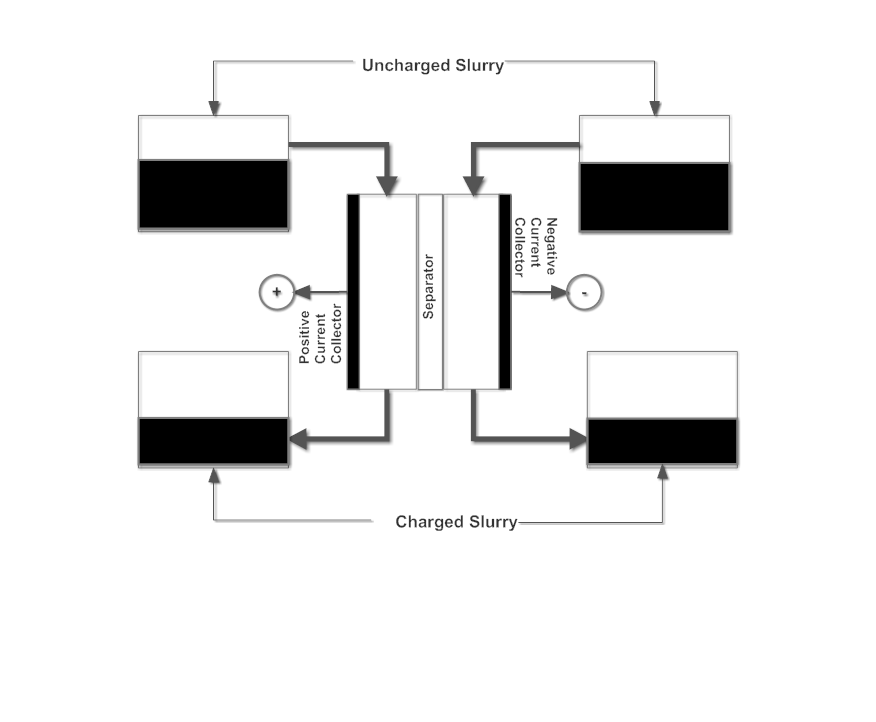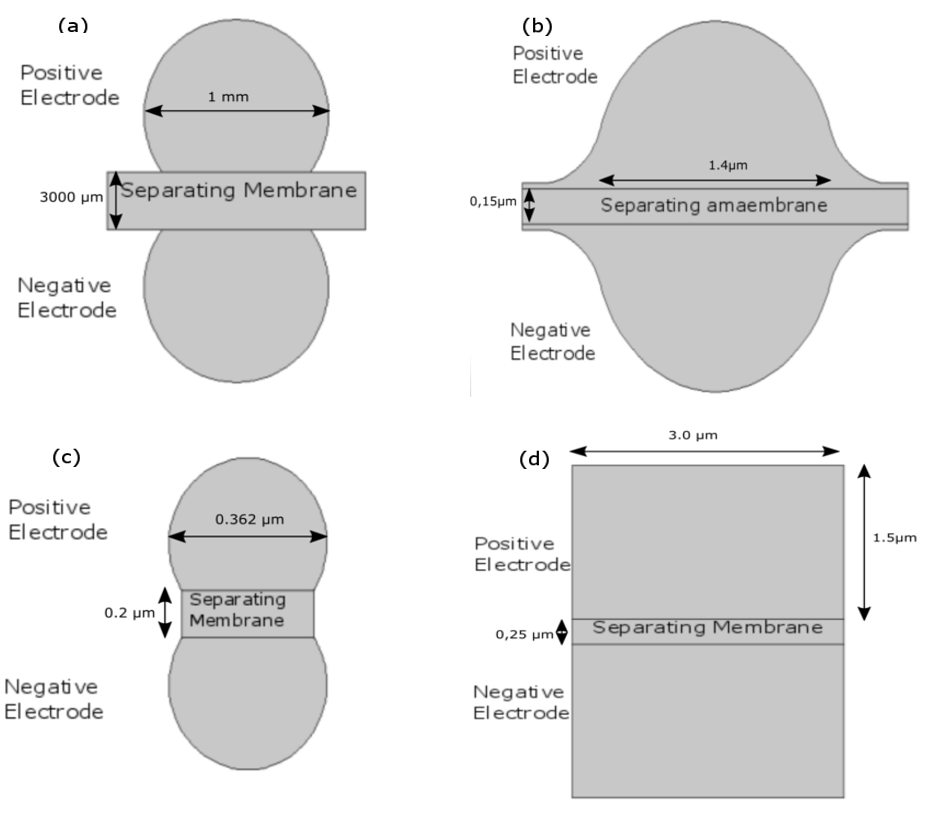Research part
The electrochemical flow capacitor (EFC) is a recent technology, developed at Drexel University, for grid energy storage that is based on the fundamental principles of supercapacitors. The EFC concept benefits from the advantages of both supercapacitors and flow batteries in that it is capable of rapid charging/discharging, has a long cycle lifetime, and enables energy storage and power to be decoupled and optimized for the desired application. The unique aspect of the EFC is that it utilizes a flowable carbon-electrolyte suspension (slurry) for capacitive energy storage. Similar to traditional supercapacitors, this aqueous based slurry is limited in terms of energy density. when compared to batteries.
In my work i will be using Finite element method (FEM) based simulations to get deeper insight of the working of flow-capacitor and the grasp the concept of increasing current density in system. On the basis of the obtained results of simulations, experiment will be conducted in future. For simulations i am using Comsol Multiphysics solver, in which i will develop the geometrical model consisting of two slurry chambers separated by a membrane. High surface area carbon electrodes is introduced in each chamber with some electrolyte. Aqueous sodium sulphate is the most suitable electrolyte because of its high melting point, its solubility in water and also cost effective.
In first year i conducted simulations of flow capacitor for Four different geometries.
In all of these geometries, geometry a is the geometry close to the experimental prototype and the geometry d is the reference geometry with plane current collectors for each slurry channels. moreover geometry b and c are the micro scale geometries to understand the concept of electric double layer charging in the flow-capacitor.

